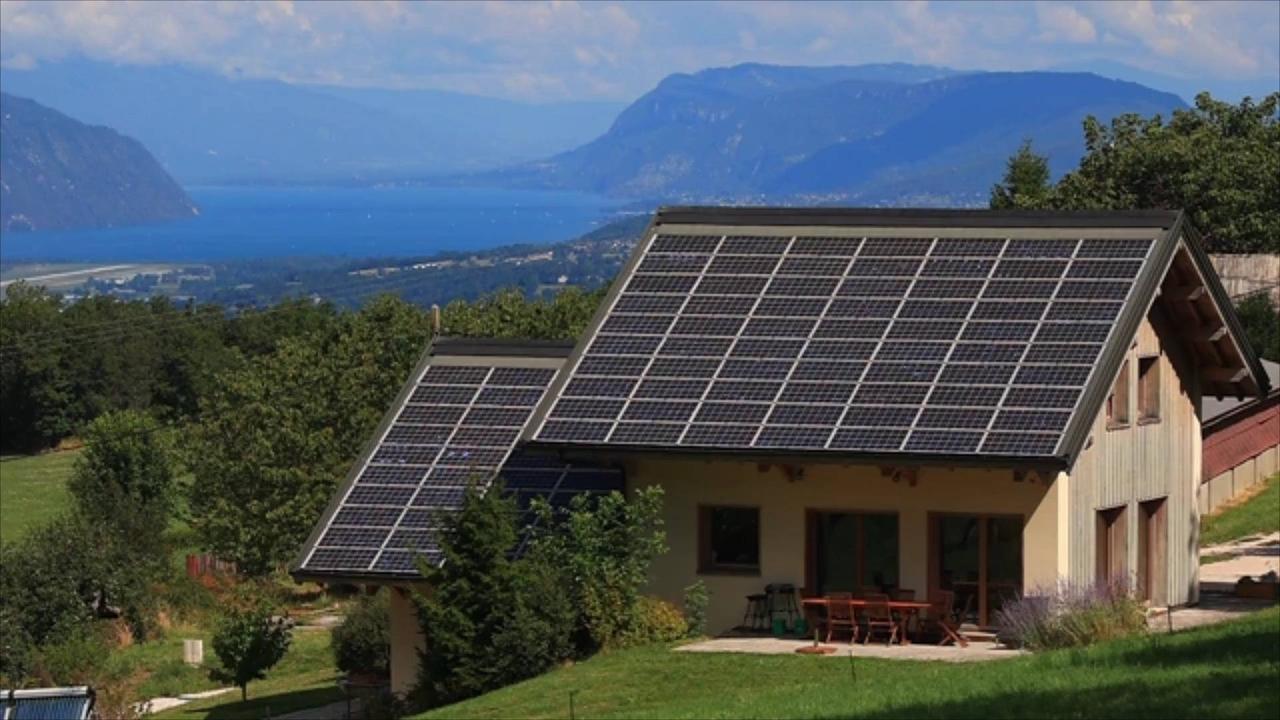New Material Harnesses Wasted Light to Make Solar Panels More Efficient

New Material Harnesses Wasted Light to Make Solar Panels More Efficient
New Material Harnesses, Wasted Light to Make , Solar Panels More Efficient.
'The Independent' reports that scientists have found a way to significantly increase the efficiency of solar panels.
.
The new method reportedly involves harnessing the power of previously unused portions of the light spectrum.
The team from Shanghai University of Engineering Science found that a glass-ceramic material could be used to convert ultraviolet (UV) light into visible light.
.
With potential applications in both terrestrial and space photovoltaic cells, the development of spectral downshifting co-doped glass-ceramics might open up new avenues to achieve better performance in photovoltaic devices.
, Pei Song, Shanghai University of Engineering Science, via 'The Independent'.
The new material also provides an added layer of protection for next-gen perovskite cells that are known to suffer from degradation under strong light.
'The Independent' reports that the team's findings could provide a protective layer for photovoltaic cells used in the space industry.
Nowadays, expanding space stations require more power support and need high-performance photovoltaic cells.
, Pei Song, Shanghai University of Engineering Science, via 'The Independent'.
By covering the top side of a photovoltaic cell with the proposed spectral conversion material and using appropriate encapsulation and sealing technology, we can ensure very low humidity levels and efficient UV recycling.
, Pei Song, Shanghai University of Engineering Science, via 'The Independent'.
In addition, glass-ceramic materials have a hard texture, so they can protect photovoltaic cells from being hit by tiny floating debris in space, Pei Song, Shanghai University of Engineering Science, via 'The Independent'.
The team's findings were detailed in the 'Journal of Photonics for Energy.'


![Environment secretary insists "most farms won't be affected" [Video]](https://video.newsserve.net/300/v/20241119/1393816076-Environment-secretary-insists-most-farms-won-be.jpg)